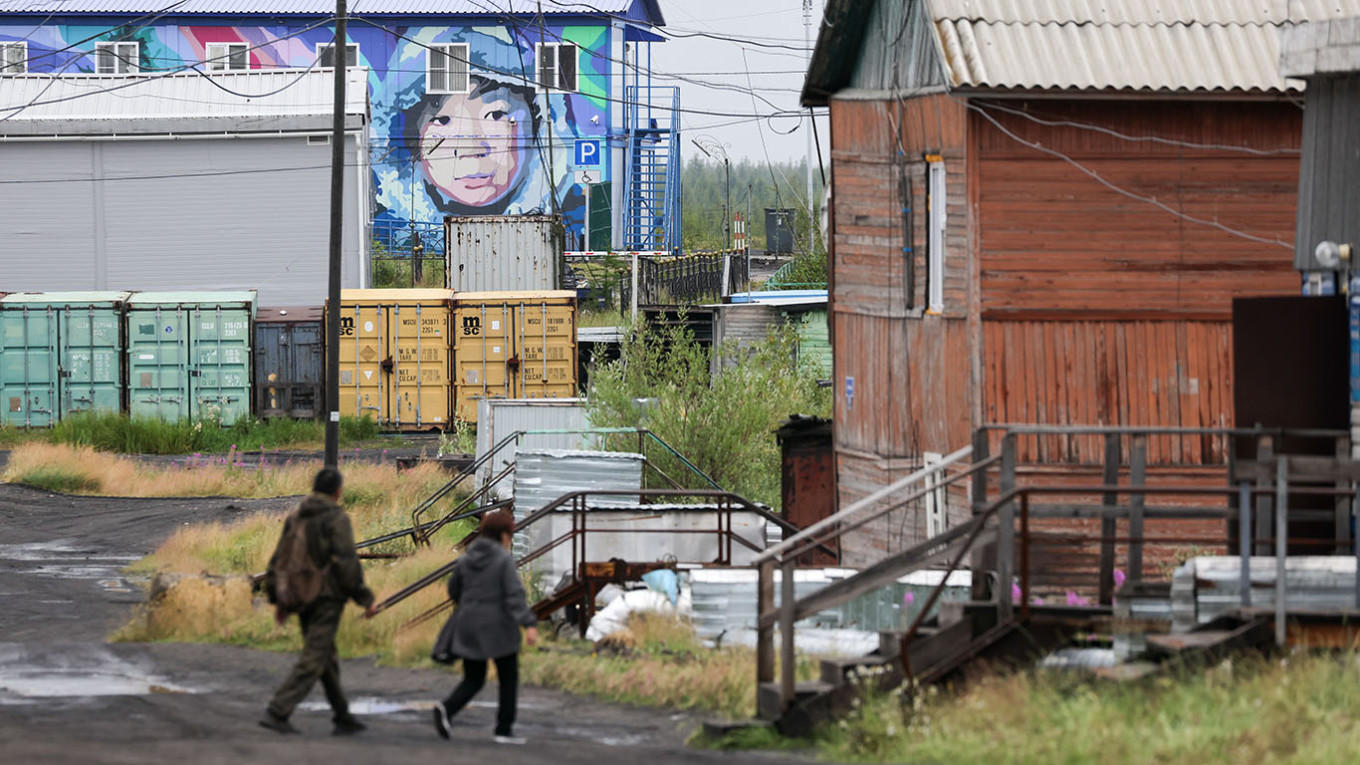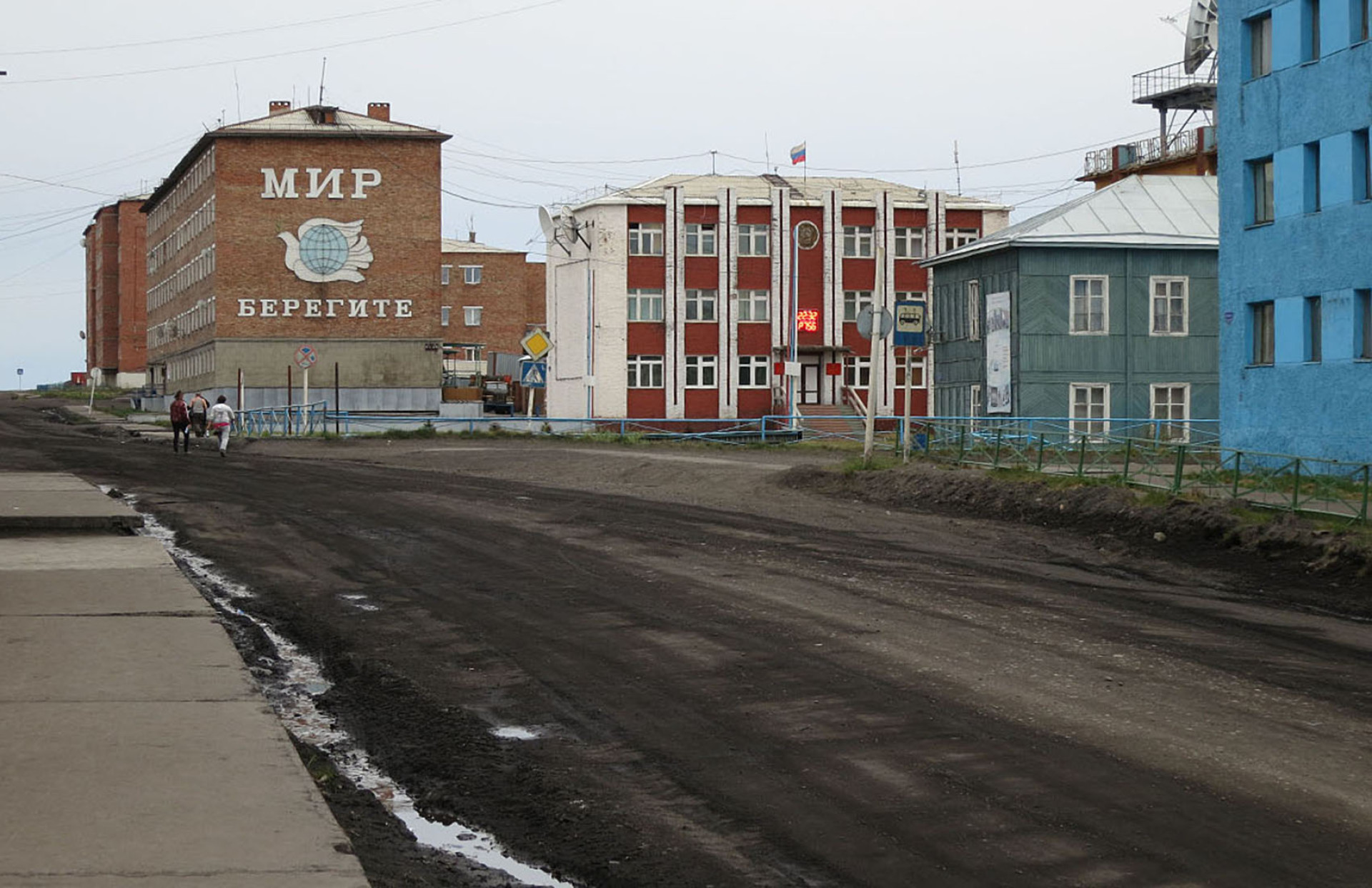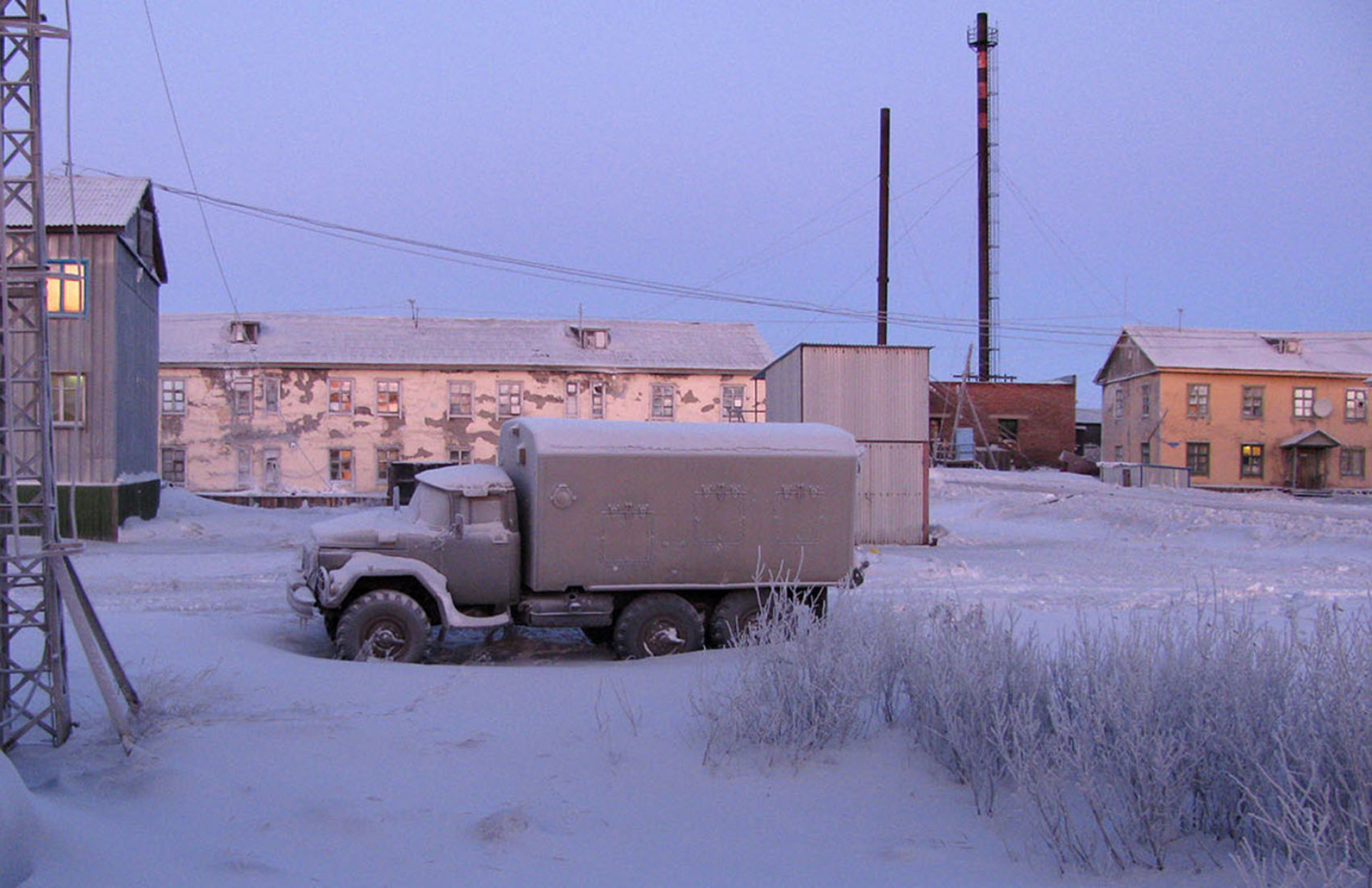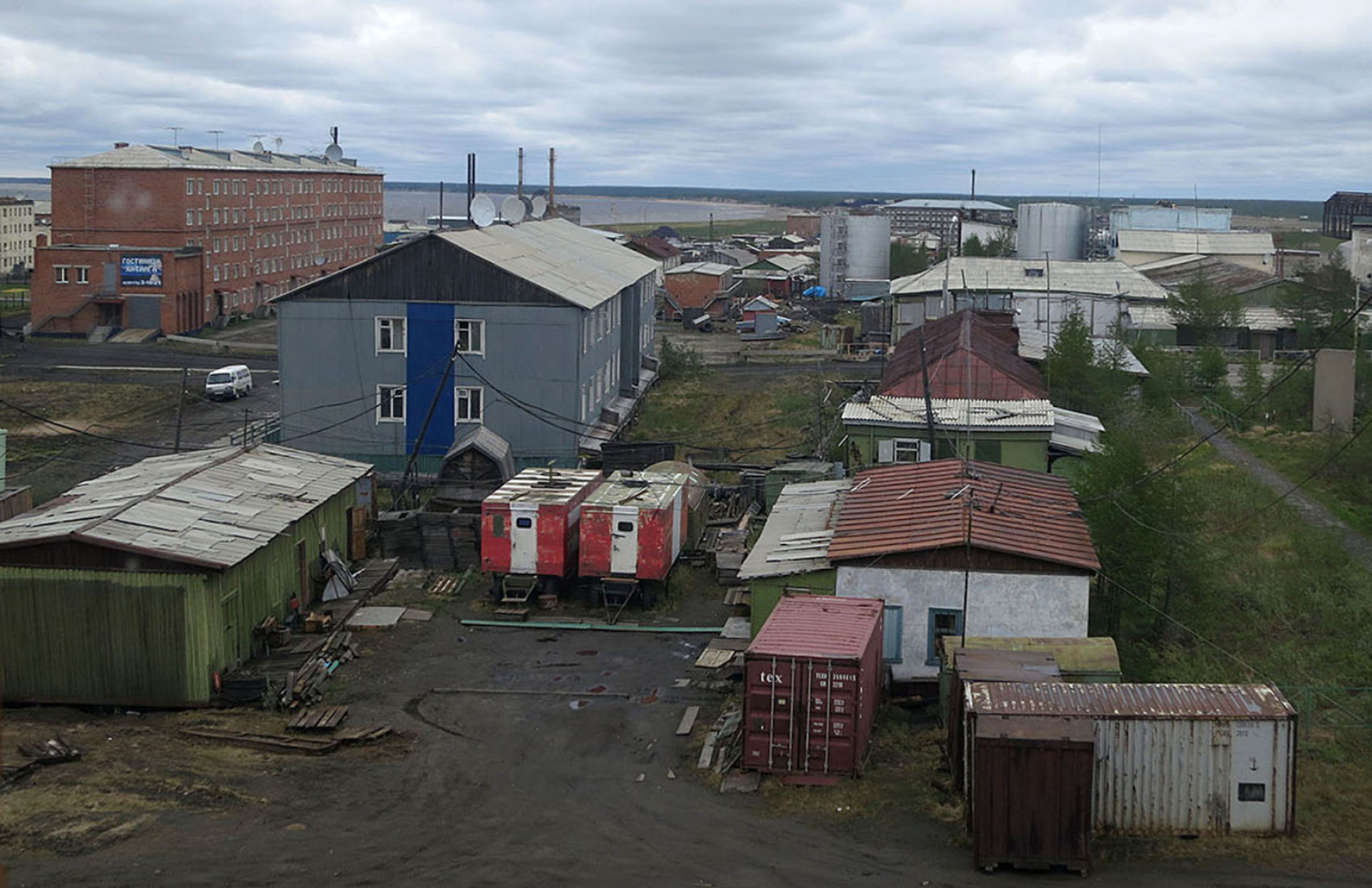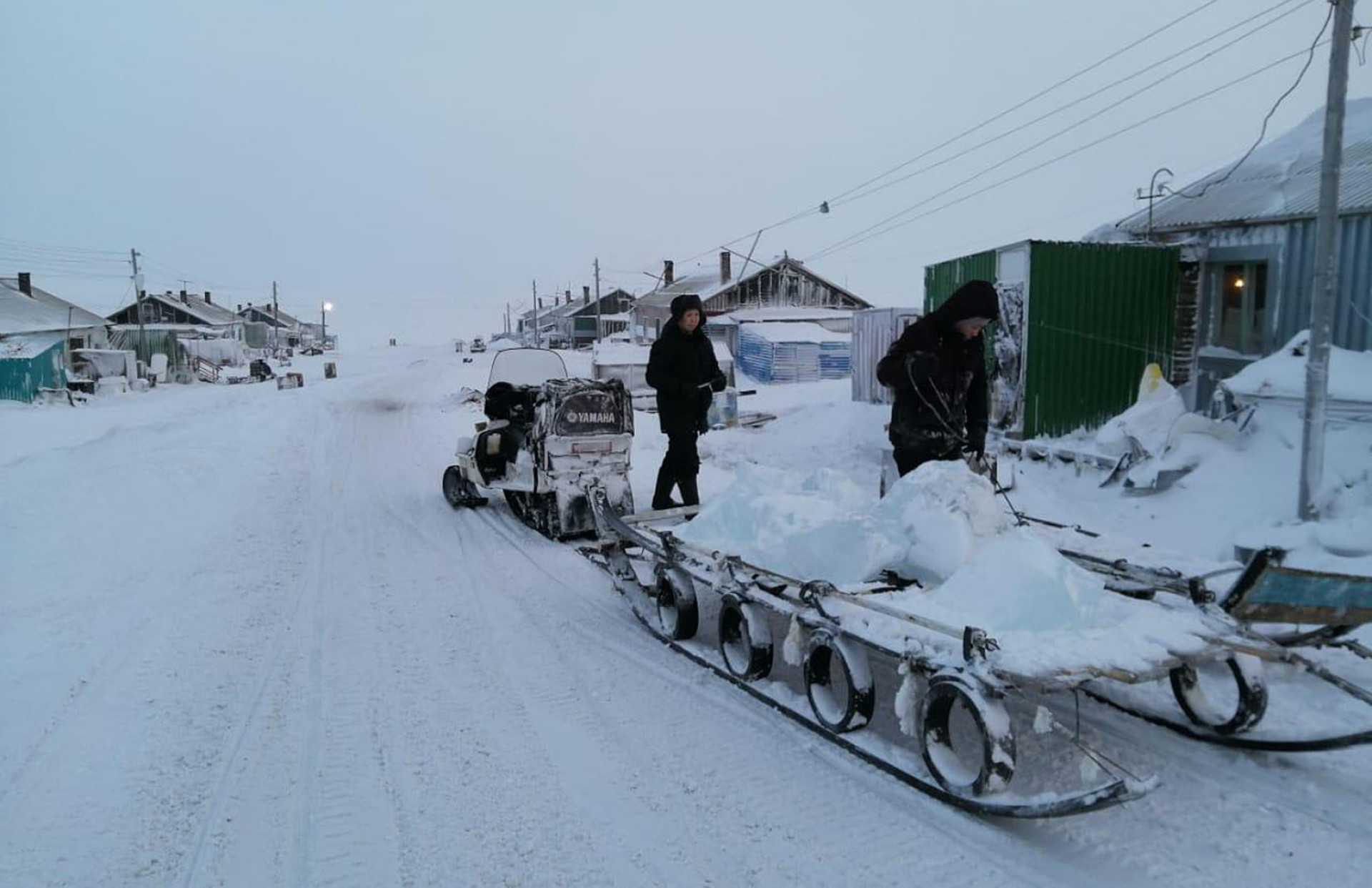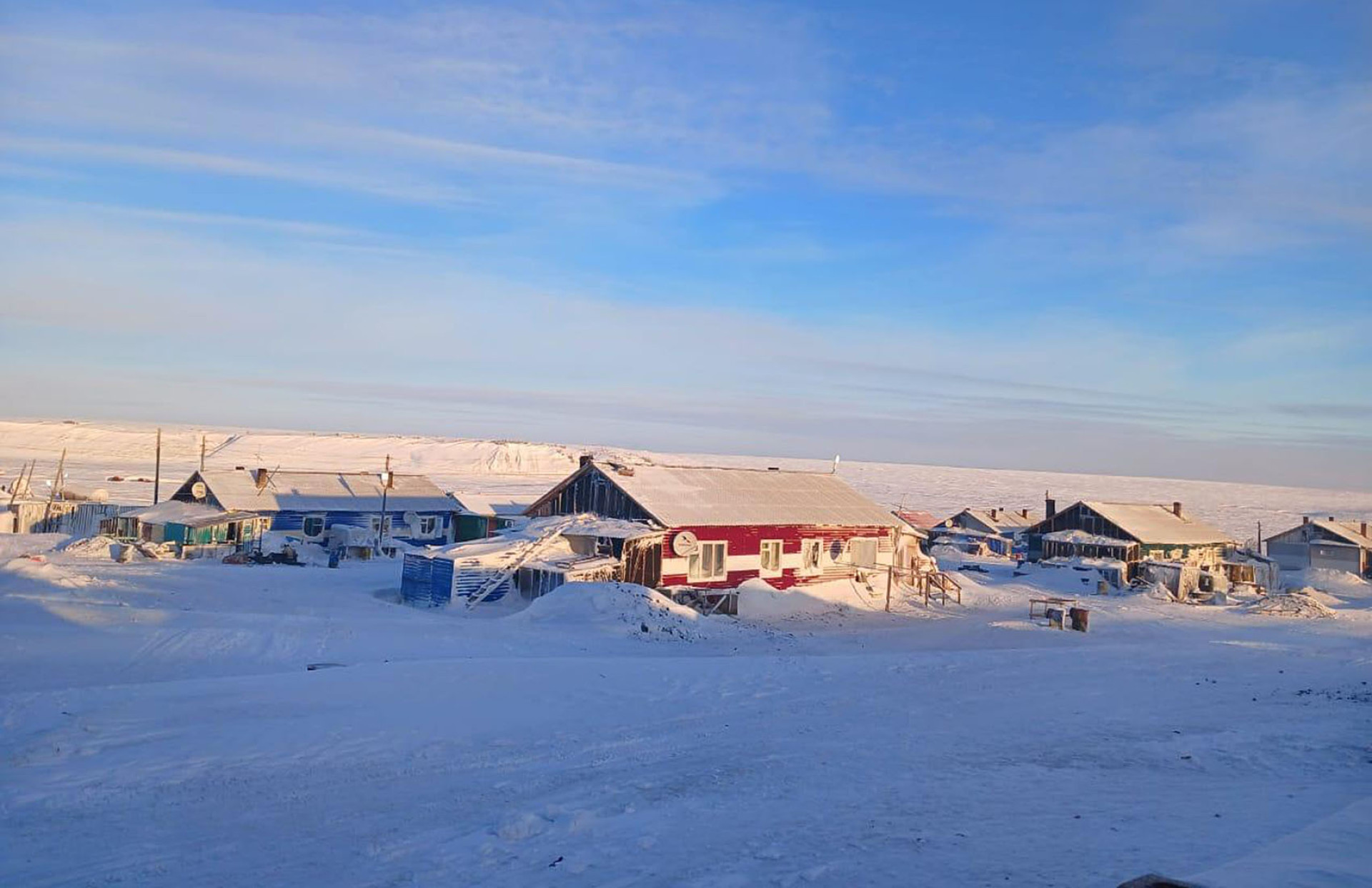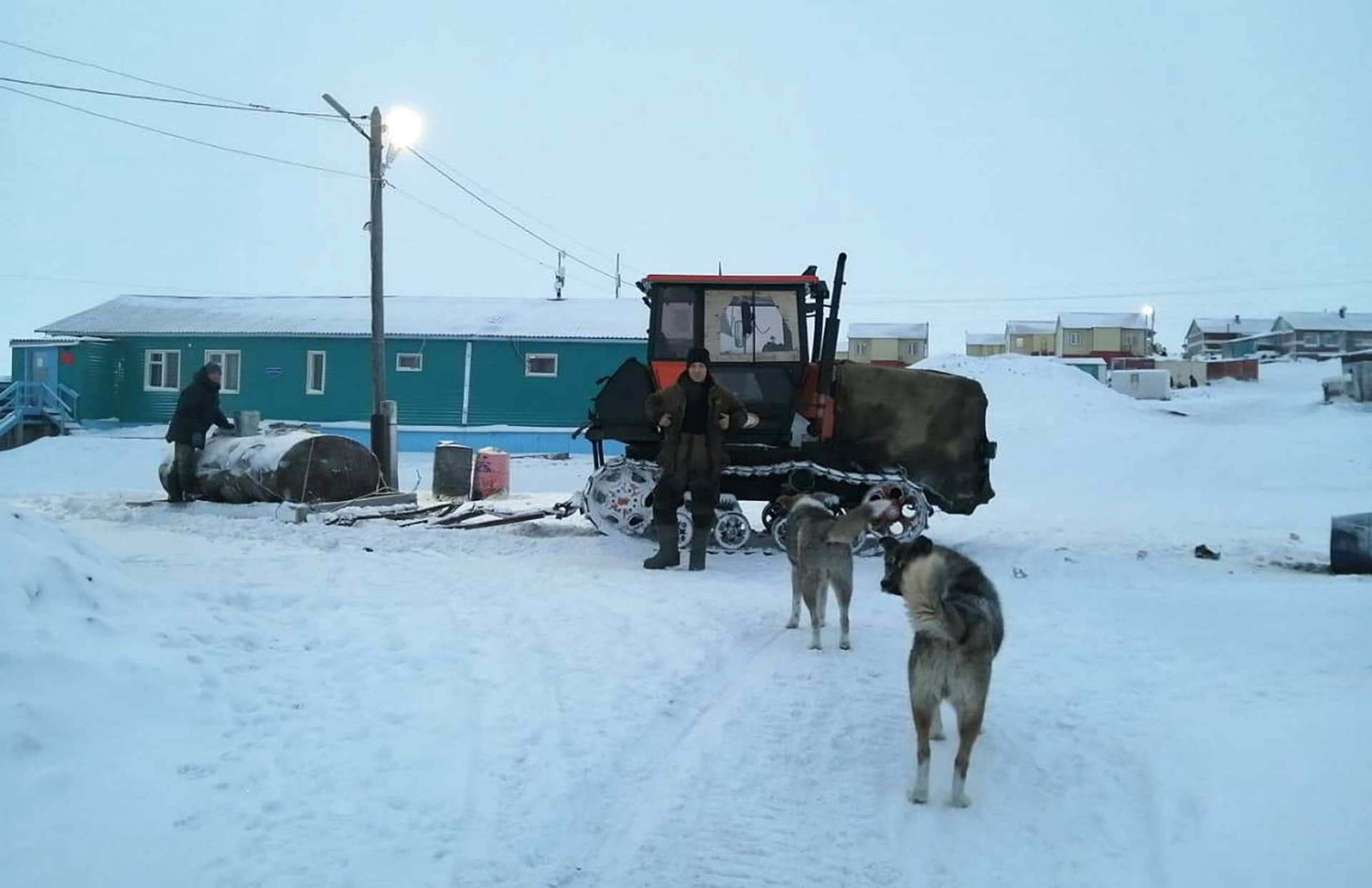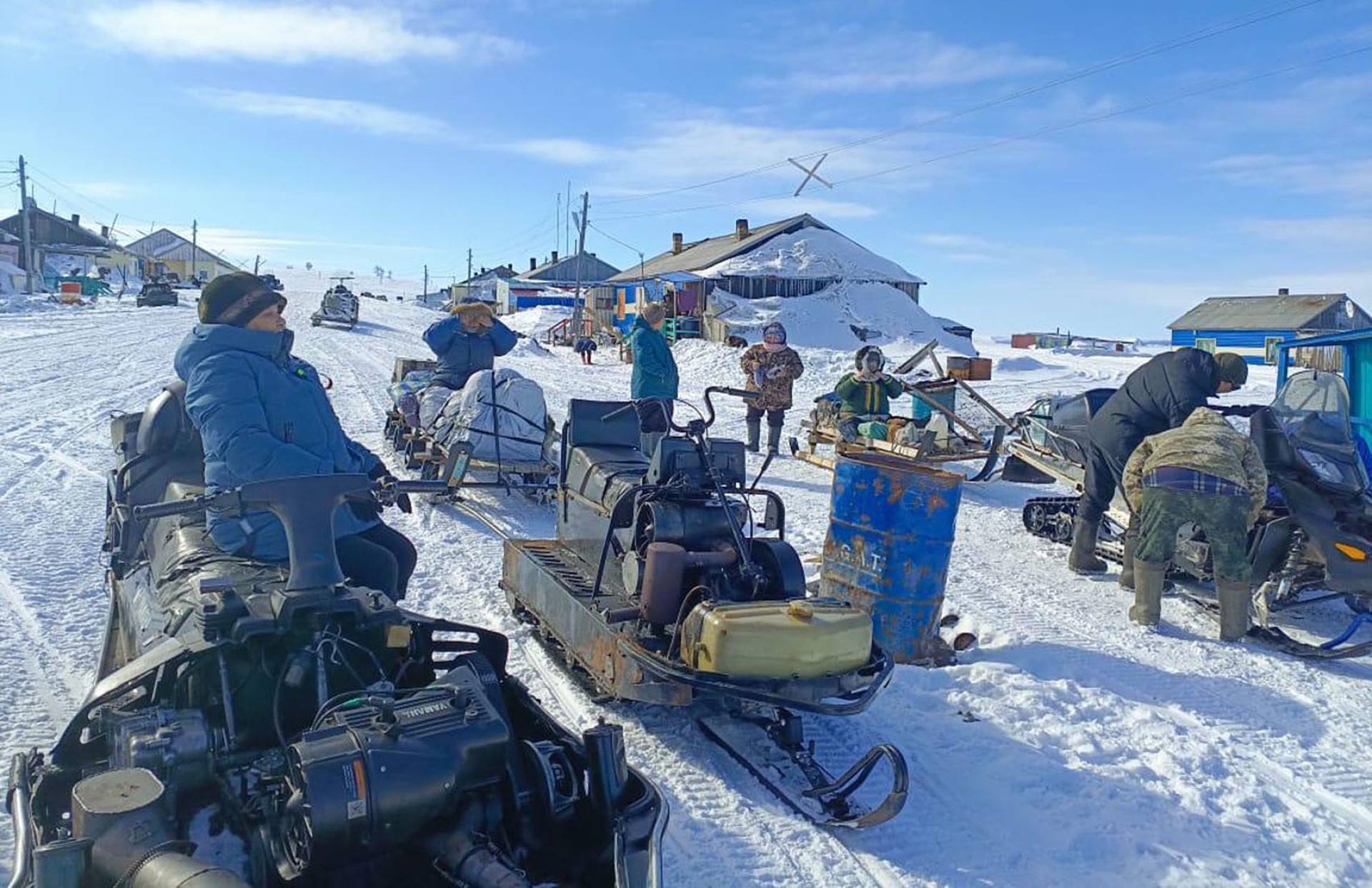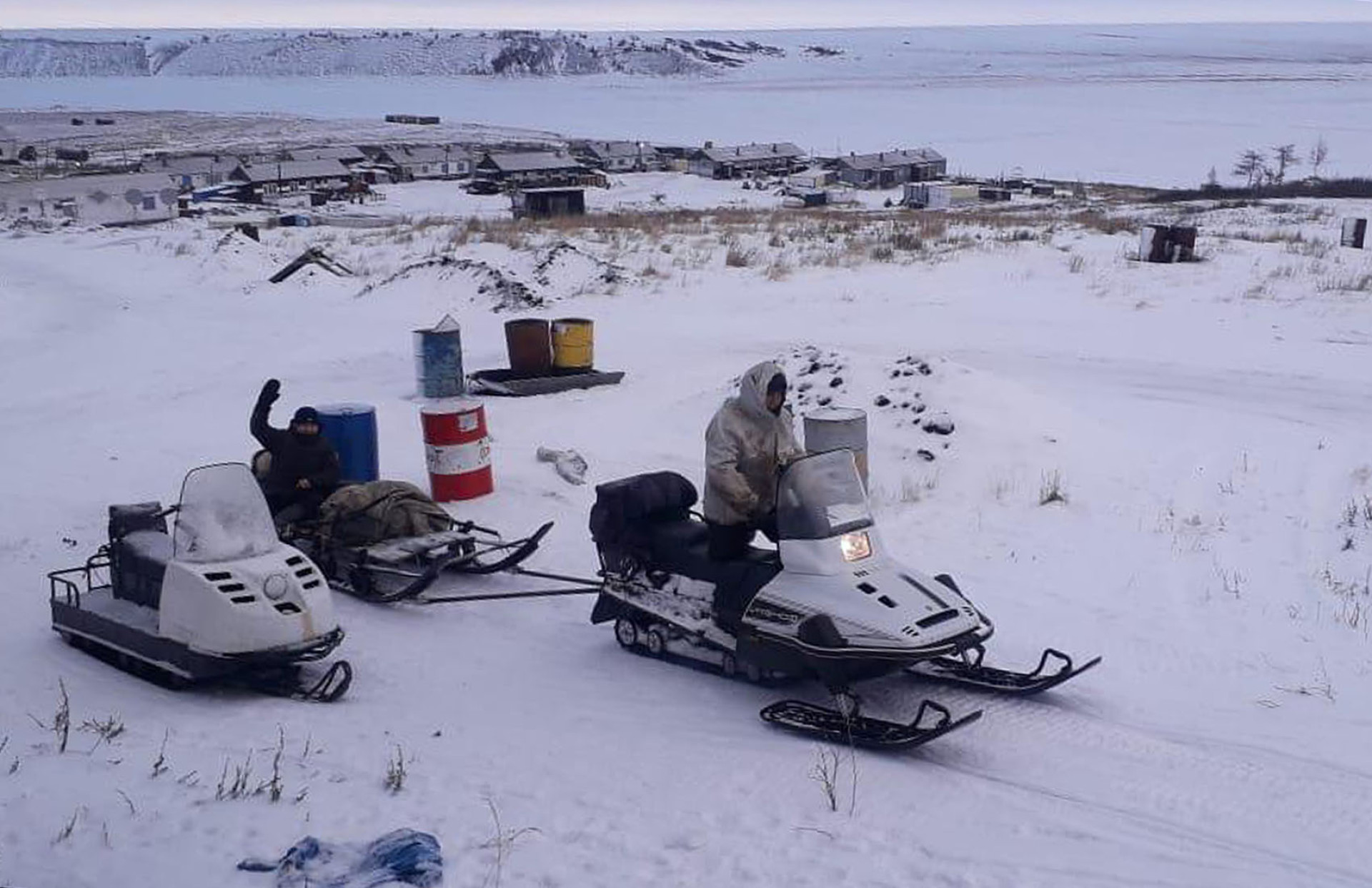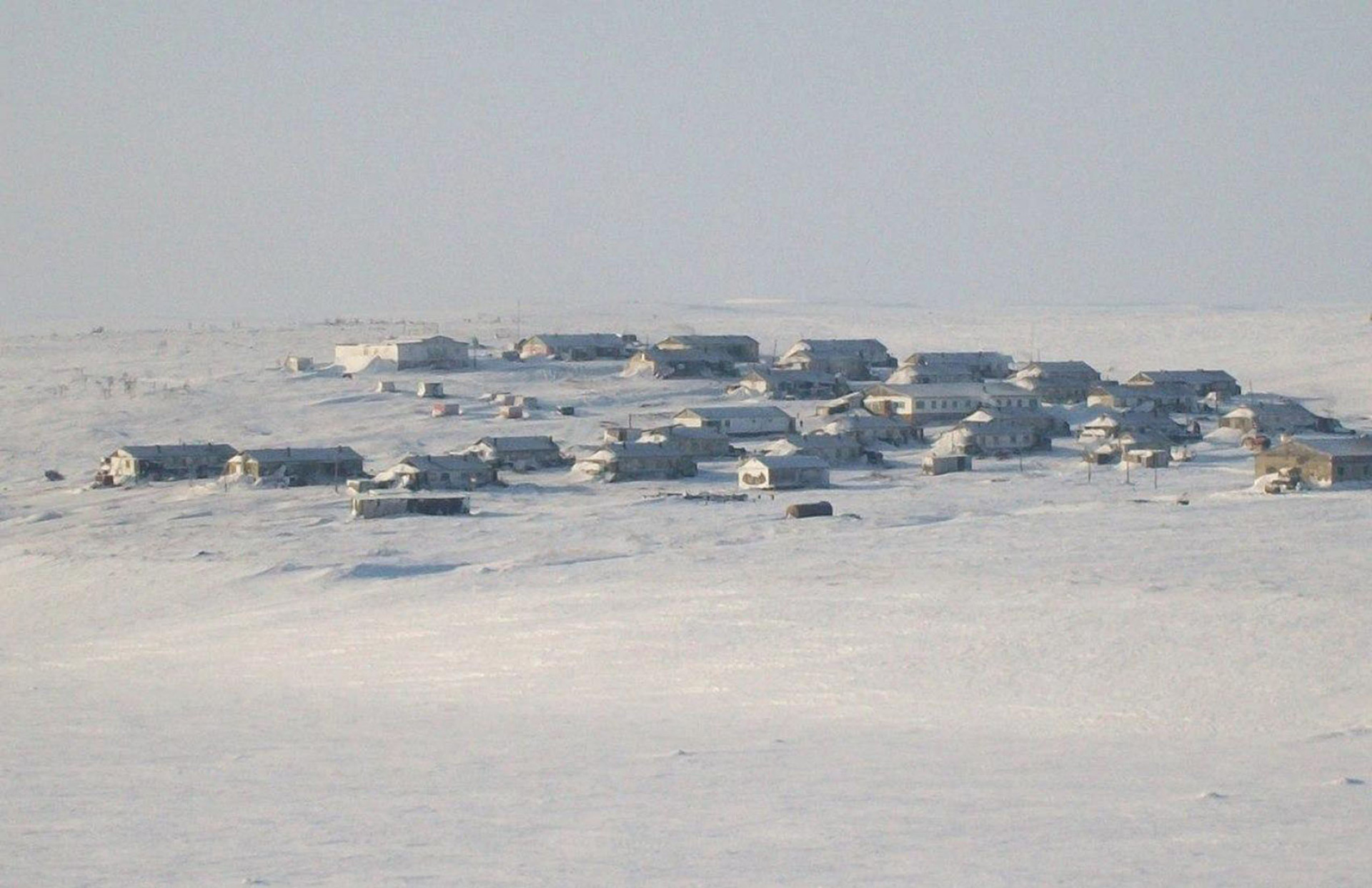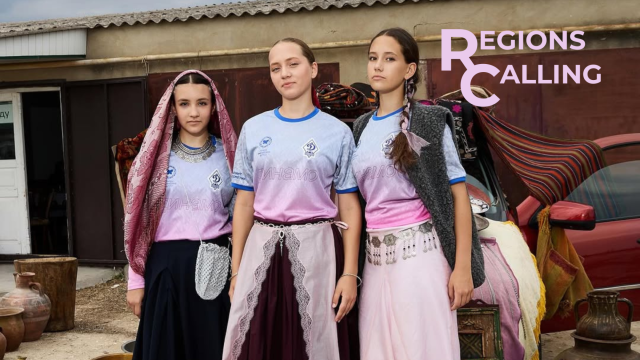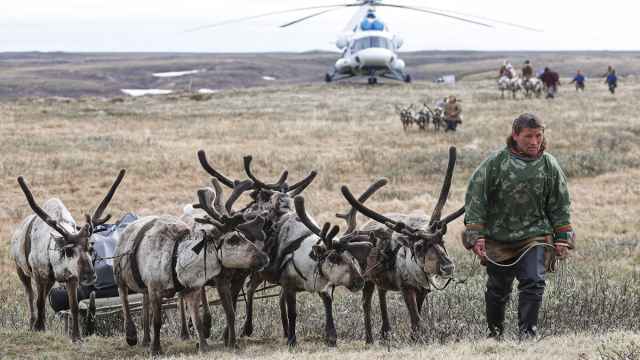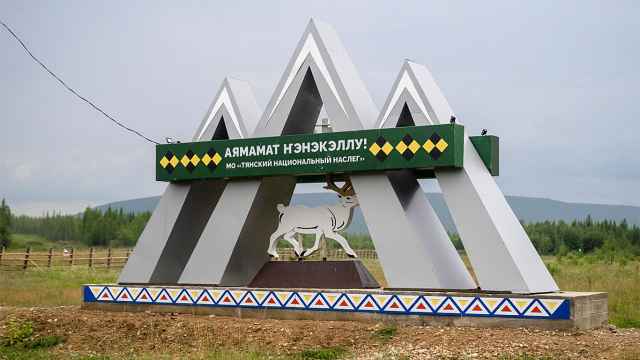For months, Kseniia Bolshakova’s sister has struggled to put food on the table in Khatanga, a village of 2,500 people and one of Russia’s northernmost settlements.
“She said they haven’t been able to eat properly for two months because there’s not enough food,” Bolshakova, an Indigenous Dolgan activist, told The Moscow Times.
Because all food is flown in, the village grapples with chronic food shortages, Bolshakova said.
“When a plane [with food] arrives, people literally run to the stores to take a spot in a huge line,” she said. Shops use a rationing system “to make sure that one family doesn’t buy up all the potatoes in town.”
Russia is flaunting the resource wealth of its Arctic regions to Washington and Beijing, hoping that either country will invest in energy or rare earth mineral extraction or collaborate on infrastructure.
But the Indigenous peoples of the Arctic are unlikely to benefit from this international cooperation.
Instead, experts and activists say, they are more likely to live much as they have for decades: in abject poverty and facing the creeping destruction of their local ecosystems and erasure of their traditional ways of life.
Fading traditions
A Turkic ethnic group of slightly more than 8,000 people, most Dolgans live on their indigenous lands in the Taimyr peninsula above the Arctic Circle, in what is now the Krasnoyarsk region’s Taimyrsky Dolgano-Nenetsky district.
Bolshakova spent her childhood reindeer herding, fishing and berry picking in the tundra — the Dolgans’ traditional nomadic lifestyle that is today kept alive by fewer than 10 families in the area.
The lingering effects of Soviet forced sedentarization, government neglect of reindeer herders and climate change and pollution are all forcing Dolgans to abandon their ancestral traditions and move to towns and cities.
But life in Arctic towns has its own hardships, despite the region being portrayed as a land of plenty in many stories emphasizing its geopolitical importance.
Many villages lack sewage, running water and central heating. Food rationing is common, access to medical treatment a rare luxury and state television often the only source of news in areas with minimal internet access.
Bolshakova’s native village of Popigai, home to some 300 people, has no water or sewage system. Coal-powered stoves provide heating during the nine-month-long winter.
“In summer, people bring water to houses on a tractor loaded with a huge water tank. And in winter, people ride snowmobiles and cut blocks of ice from the river,” recalled Bolshakova, who now lives in exile.
Expired food is another feature of life.
“People are just used to the fact that they can rarely buy decent products that haven’t gone bad,” Bolshakova said. “When I lived in Khatanga, we always bought expired milk because it was cheaper…for baking or cooking. Fresh milk for drinking was something you could rarely afford, because it either couldn’t be found or cost an unbelievable amount.”
‘No Man’s Land’?
As Indigenous communities struggle to survive, their lands play a growing role in global geopolitics.
Russia, which controls more than half of the Arctic Ocean’s coastline, is courting partners from Washington to Beijing to develop new shipping routes and mine critical minerals as the region warms.
The choice of Alaska as the site of last month’s historic meeting between Presidents Donald Trump and Vladimir Putin further highlighted the region’s strategic importance.
But these geopolitical dynamics rarely acknowledge the realities of local life.
“The entire territory of the Russian Arctic is Indigenous land,” said Lana Pylaeva, an Indigenous rights adviser at Arctida, an NGO producing analysis and investigations on the Russian Arctic.
“Russia’s state narrative still talks about ‘exploration’ of the Arctic … [as if it were] a no man’s land that needs to be developed — often using outright barbaric methods,” Pylaeva told The Moscow Times.
For Indigenous communities, the question is less about which foreign power will exploit their ancestral lands than about how they will make ends meet.
“To Indigenous people, it makes no difference whether Russia will be developing the Arctic alone or together with the U.S.,” said Sargylana Kondakova, co-founder of the Free Yakutia Foundation, a leading Indigenous rights group in the republic of Sakha (Yakutia).
“China is talking of building a railway straight to Sakha. And what for — to help people travel from Sakha to China and back? Of course not,” said Kondakova.
“They’re doing it to bring in cheap labor and to take out our forests and raw materials,” she said, noting that industries coming to Russia’s North are rarely interested in employing locals who are more likely to raise alarm over potential illegal practices.
“It is all geopolitics. Nothing good will come of it for ordinary people,” she said.
Kondakova was born and raised in the Arctic village of Chokurdakh in northeastern Sakha. Yukaghirs, the Indigenous ethnic group she belongs to, number just over 1,500 globally.
Once sustained by a large Soviet military presence, Chokurdakh is now marked by abandoned apartment blocks, overpriced expired food and an exodus of young people to Russia’s big cities.
“Alcoholism is another pressing problem in the Arctic,” said Kondakova.
Sakha consistently ranks among the leading Russian regions in per-capita alcohol consumption and related deaths. Chukotka, Russia’s easternmost region that overlooks Alaska, occupies the top spot in the ranking, according to the data analytics project Esli Byt Tochnym.
“Unlike food, alcohol deliveries are plentiful,” the activist explained. “And most of it is of very low quality.”
While some residents attempted to take up traditional fishing practices to help feed their families, many have found that pollution from extractive industries has depleted fish stocks.
Farther east in Chukotka, life is much the same.
“Russian authorities have proclaimed the Arctic a ‘priority development zone’ on multiple occasions. In practice, this primarily concerns oil and other resource extraction projects,” said Mark Zdor, a native of Chukotka and member of the International Committee of Indigenous Peoples of Russia.
“Indigenous peoples of the Russian North, including the residents of Chukotka, do not feel ‘prioritized.’ The cost of living here remains extremely high. Even if food is subsidized, it only helps with the bare minimum,” Zdor told The Moscow Times.
Deadly cooperation
Extractive companies both worldwide and in Russia increasingly cite international guidelines requiring the free, prior and informed consent of Indigenous communities before launching any operations.
But in practice, activists say, companies exploit vague laws and co-opt Indigenous advocates who are loyal to their industries and to Moscow, turning a practice aimed at safeguarding Indigenous rights into a mere formality.
Operating under dubious environmental standards, activists say that extractive companies and construction ventures associated with them threaten ecosystems, accelerating the erasure of local communities and their traditional ways of life while offering minimal compensation in return.
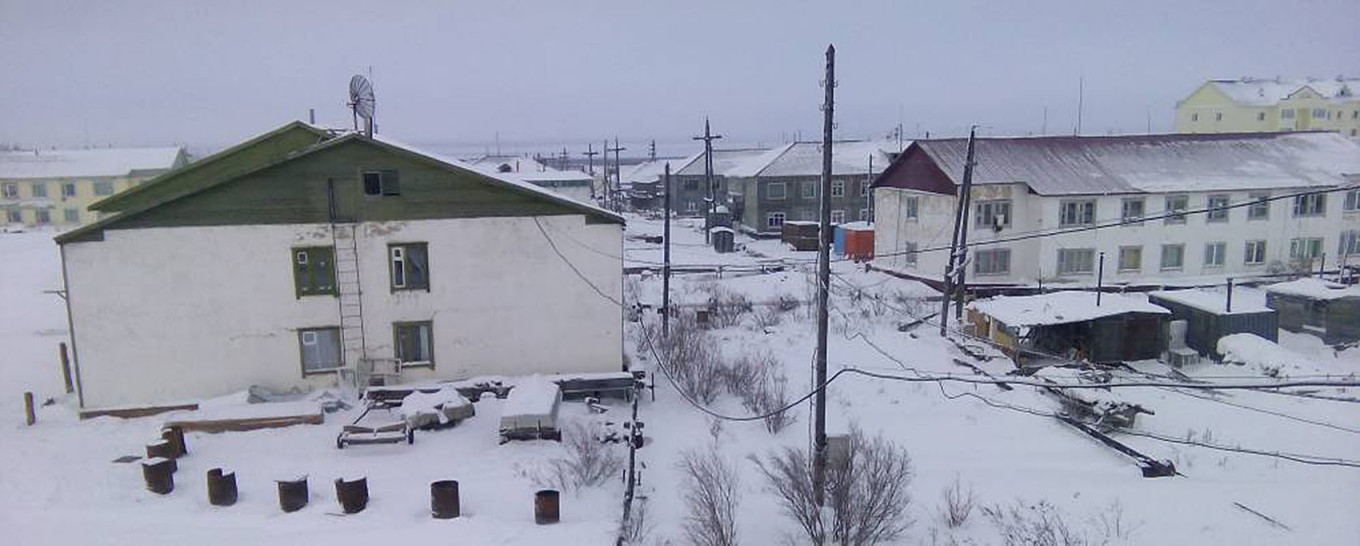
Abundant deposits of critical minerals mean that the same Russian companies could soon be joined in the Arctic by their American counterparts, propelling bilateral economic cooperation forward.
But few if any experts and locals have hopes that American involvement will improve environmental or social safeguards.
“The tundra is kind of like a bog, with just a thin layer of vegetation on top that holds things together. When this surface layer is disturbed, it leaves just mud in which reindeer can sink…These areas become funnels for the release of greenhouse gases, accelerating the thawing of permafrost,” explained Pylaeva.
“In other words, the environmental impact [of critical minerals exploration] will be enormous,” she said.
At best, she said, U.S. involvement could mean international observers gain rare access to sites that are currently closed off to independent Russian watchdogs and Indigenous activists.
Activist Bolshakova, however, predicts that some Indigenous people might be forcefully relocated to larger towns so as not to interfere with extraction activities.
“During the [Soviet] policy of sedentarization, people were already forcibly moved from the tundra into settlements. And now, the fear is that they might again be relocated from these settlements…to bigger towns,” said Bolshakova, who is only the second person in the world to have written prose in the endangered Dolgan language.
“The bigger towns are places with a majority Russian population, where assimilation will happen even faster,” she said. “All that will remain of Dolgans is just a name, a memory that there once were reindeer herders in the tundra who became some average Russian people living in cities.”
A Message from The Moscow Times:
Dear readers,
We are facing unprecedented challenges. Russia's Prosecutor General's Office has designated The Moscow Times as an "undesirable" organization, criminalizing our work and putting our staff at risk of prosecution. This follows our earlier unjust labeling as a "foreign agent."
These actions are direct attempts to silence independent journalism in Russia. The authorities claim our work "discredits the decisions of the Russian leadership." We see things differently: we strive to provide accurate, unbiased reporting on Russia.
We, the journalists of The Moscow Times, refuse to be silenced. But to continue our work, we need your help.
Your support, no matter how small, makes a world of difference. If you can, please support us monthly starting from just $2. It's quick to set up, and every contribution makes a significant impact.
By supporting The Moscow Times, you're defending open, independent journalism in the face of repression. Thank you for standing with us.
Remind me later.



